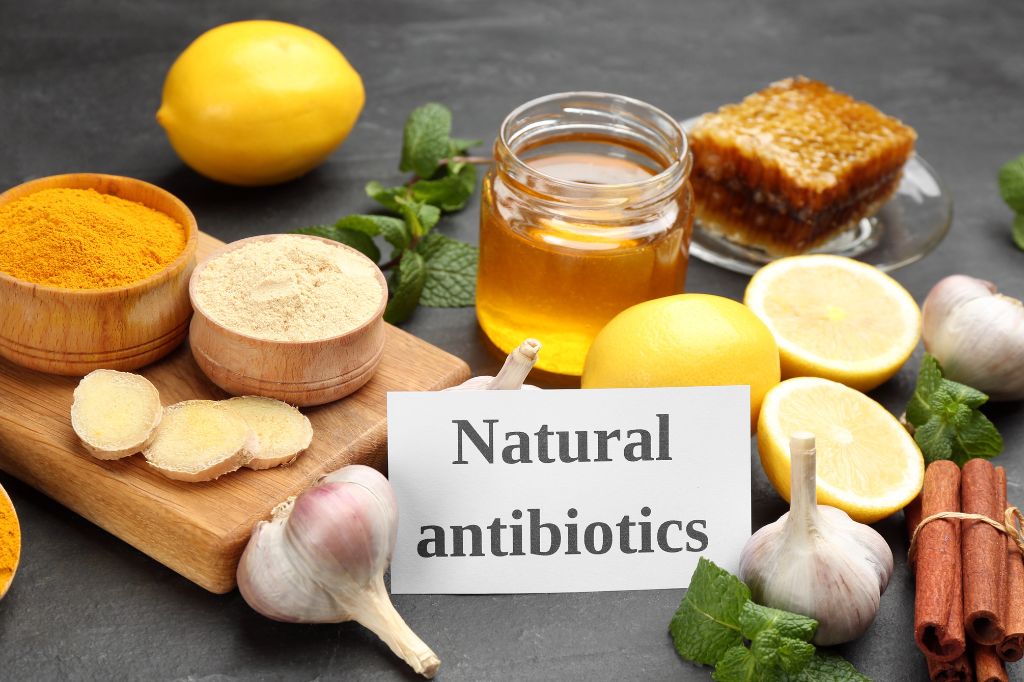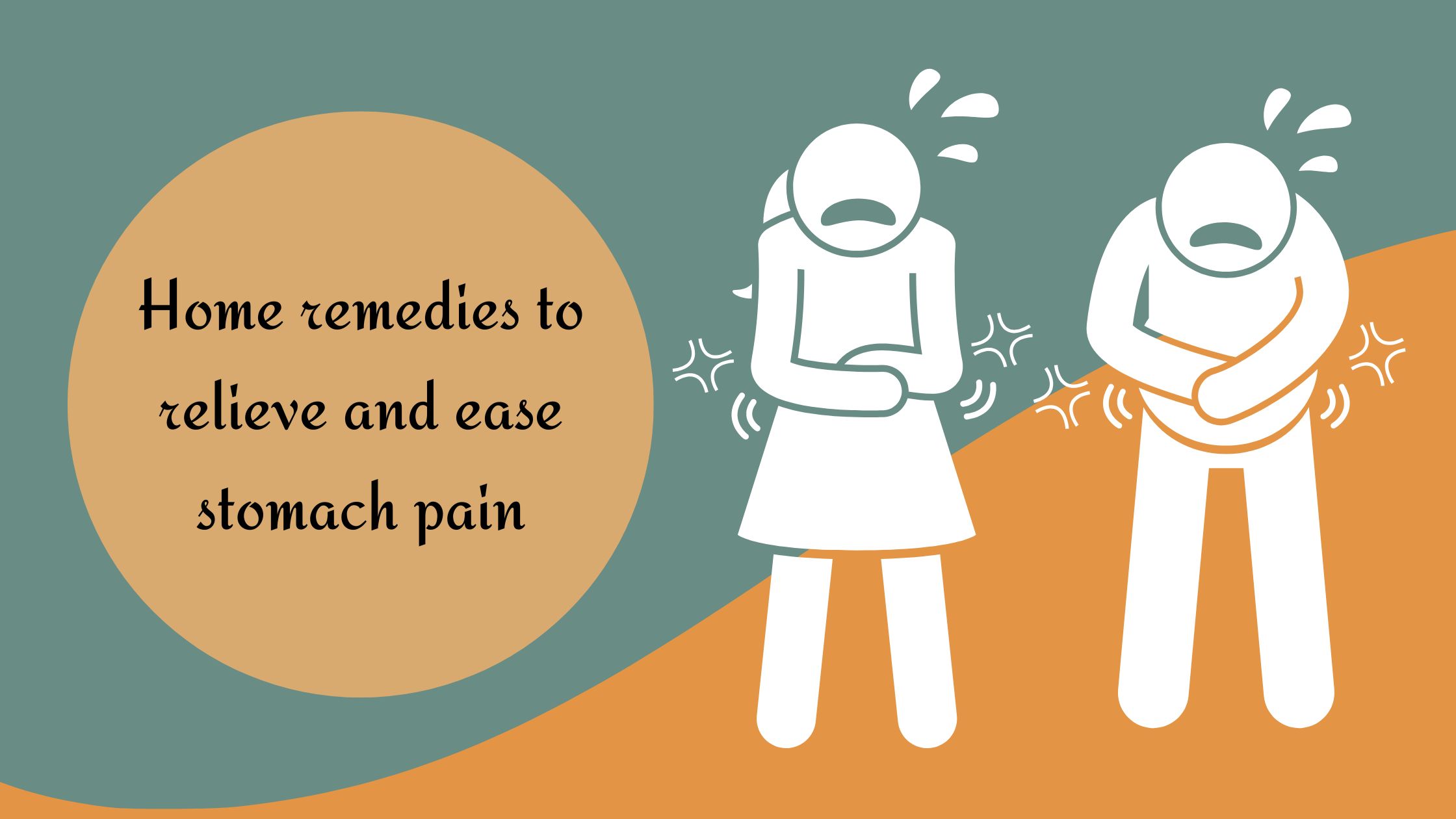Natural Home Remedies for Blood Clots
A blood clot is a build-up of blood that has changed from a liquid to a semisolid or gel-like form. Your body forms blood clots as a normal response to an injury or wounds. The formation of a blood clot helps stop bleeding by plugging the hole in a damaged blood vessel.
There are many possible causes of blood clots, including trauma, surgery, and prolonged immobility. While most clots dissolve on their own, some can cause serious problems if they travel to your lungs, brain, or heart.
If you have any concerns about a blood clot, it’s important to see a doctor right away.
Home remedies for treating blood clots
Home remedies for blood clots may help reduce the symptoms and pain associated with them. Keep in mind that these remedies should not replace the advice of a doctor.
1. Turmeric
Turmeric is an anti-inflammatory spice that contains curcumin, a substance that inhibits the formation of blood clots.
It can be taken in supplement form or added to food. It’s also available in topical form, which can be applied to the skin over an area where there is a risk of bruising or injury.
2. Ginger
Ginger is another potent anti-inflammatory herb that can be used to treat blood clots. It helps to improve circulation and prevent the formation of new blood clots.
To use ginger, grate fresh ginger root into a cup of hot water and drink it two or three times per day. You can also take ginger supplements after consulting with your doctor.
3. Cayenne Pepper
Cayenne pepper is a spice that contains a compound called capsaicin. Capsaicin has been shown to thin the blood and reduce the chance of developing blood clots.
In a study, capsaicin was proven to be more effective than aspirin and indomethacin in dissolving blood clots. You can add cayenne pepper to your diet or drink cayenne pepper tea.
4. Bromelain
Bromelain is a proteolytic enzyme that dissolves fibrin and prevents the formation of blood clots. It’s found in pineapple juice and fresh pineapple slices. It’s also available in supplement form.
5. Garlic
Garlic is a natural anticoagulant that can help to dissolve blood clots. It also has anti-inflammatory and immune-boosting properties.
To use garlic as a remedy for blood clots, crush a few cloves of garlic and add them to a glass of warm water. Drink this mixture three times per day.
6. Vitamin E
Vitamin E is a natural anti-coagulant, which means that it helps to prevent the formation of blood clots. You can take a vitamin E supplement or get your daily dose of this important nutrient by eating foods like almonds, spinach, and avocados.
7. Increase vitamin C intake
Increasing your vitamin C intake can help thin your blood and reduce your risk of developing clots. Eating foods high in vitamin C, such as citrus fruits, strawberries, red bell peppers, and dark leafy greens, can help.
8. Ginkgo Biloba ‘
Ginkgo biloba was studied and found effective in treating blood clots. It can block thrombin, an enzyme that causes clotting. You can take a supplement or add Ginkgo Biloba leaves to hot water and drink it as tea.
If you think you may have a blood clot, it’s important to seek medical attention immediately. These natural home remedies can help dissolve existing clots or prevent new ones from forming, but they should not be used as a substitute for seeking professional medical advice.
Frequently Asked Questions
How long before a blood clot goes away?
The amount of time it takes for a blood clot to dissolve depends on the size of the clot. Some small clots may resolve within a few days, while larger clots can take several weeks or even months to completely dissipate.
What foods remove clots?
Foods that can thin the blood and help to dissolve blood clots include ginger, cayenne pepper, bromelain, garlic, vitamin E, cinnamon, and cranberries.
Are blood clots serious?
Yes, blood clots can be serious and even life-threatening. If a clot blocks an artery or vein, it can lead to organ damage or even death. Therefore, it’s important to seek medical attention immediately if you think you may have a blood clot.
What does a blood clot first feel like?
Blood clots can cause a variety of symptoms, including swelling, warmth, and pain in the affected area. In some cases, you may also experience numbness or tingling in the area. If you experience any of these symptoms, seek medical attention immediately. If left untreated, a blood clot can be potentially life-threatening.
Further Reading: 10 Foods That May Reduce Your Risk of Blood Clots






